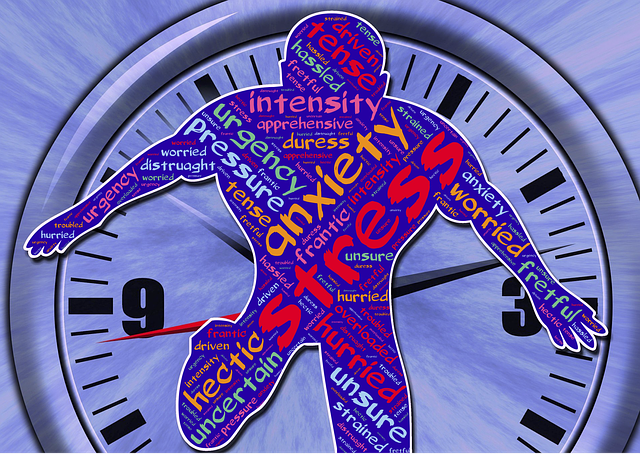Stress vs. Anxiety
If I asked you, “What’s the difference between stress and anxiety,” what would you say?
The words “stress” and “anxiety” are often used together, sometimes even interchangeably, but are they the same thing?
What do stress and anxiety have in common?
Stress and anxiety have a lot in common. They feel uncomfortable. They can cause physical symptoms such as:
muscle tension
stomach pain
loss of appetite
headaches
trouble sleeping
They can make you feel irritable, overwhelmed, and like you just want to get away.
But there are some important differences between the two.
What are the differences between stress and anxiety?
Stress comes in the form of pressure. It happens when we’re faced with a situation that we aren’t sure we can handle successfully (a stressor). Stressors can range from physical ailments to environmental conditions, to events at work, in social relationships, or finances. In other words, just about anything can become a stressor if you don’t feel equipped to deal with it effectively or it strains your resources.
Stressors can be acute - situations that are time-limited and resolve relatively quickly, like having a big project due or your child having a meltdown over not getting what they want, or chronic - situations that are ongoing with no clear end in sight, like having a bad boss or a child with ongoing emotional or behavioral challenges. Chronic stress can lead to burnout and chronic health problems.
Anxiety comes in the form of fear. It happens when we anticipate that something bad (possibly even catastrophic) is going to happen, and that we aren’t going to be able to handle it, like when a flight gets turbulent or first impressions that may go wrong. In other words, we overestimate the risk in a situation and underestimate our ability to handle the outcome. Like stress, it can happen in response to an obvious trigger, but it can also happen when there’s no clear stressor, like a sleepless night where your mind is racing, or constant worry about something going wrong.
Like stress, anxiety can also be acute, and pass once a situation has passed, e.g. the turbulence has passed. It can also become chronic and feel like it takes on a life of its own, like fear of getting sick or messing up in a new job. When anxiety is frequent and intense, and interferes with life, it is considered an anxiety disorder. Chronic anxiety can lead to similar long-term problems as chronic stress, and in some situations actually cause the manifestation of the thing we were worried about if not dealt with.
As you may have guessed by now, stress and anxiety can happen together and, if not well managed, they can even exacerbate each other, creating a cycle of fear and overwhelm. The good news is there are effective tools for managing both. Stay tuned for more.
Don’t want to wait for the do it yourself version, or have tried it yourself and need help? For information on anxiety treatment, contact me or book an appointment using the link at the top of the page.

